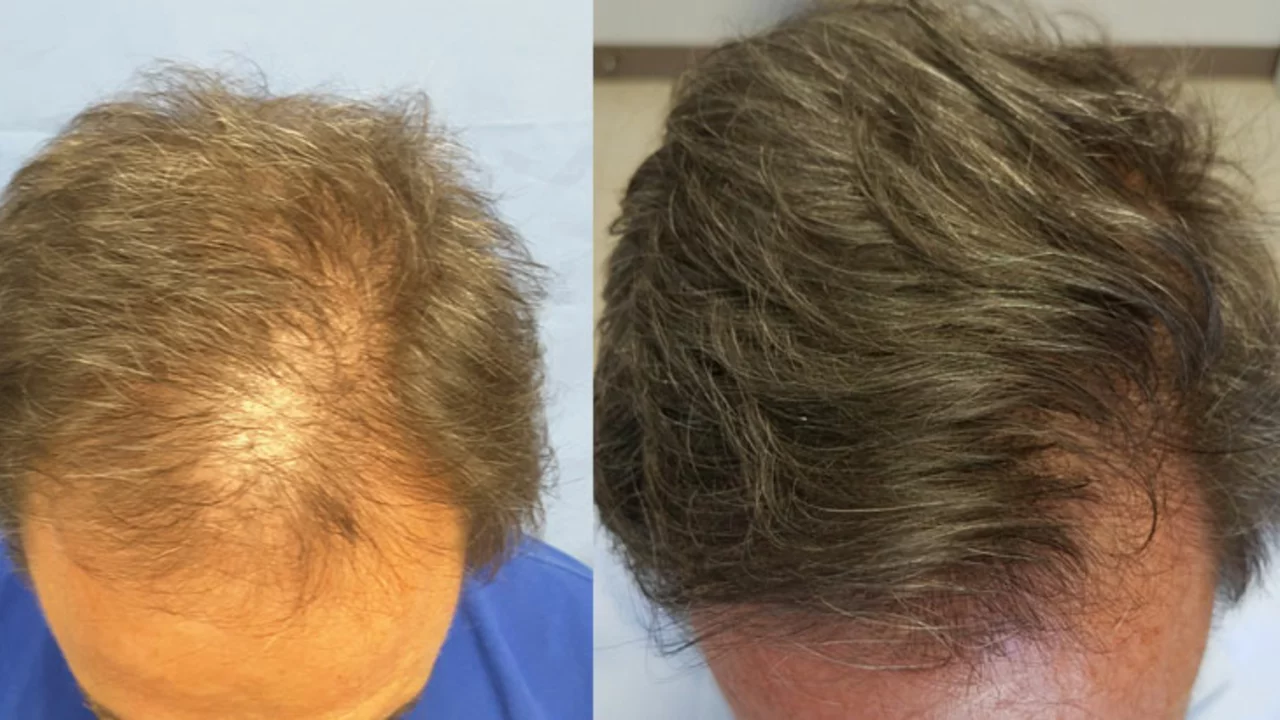Hair Health: Practical Tips to Stop Shedding and Grow Strong Hair
Notice more hair in the brush? You're not alone. Hair loss and thinning are common, but small changes can make a big difference. This page gives simple, actionable steps to improve scalp health, reduce breakage, and support growth without overcomplicating things.
Everyday habits that help
Start with how you treat your hair daily. Use a wide-tooth comb on wet hair to avoid breakage. Limit heat styling - blow dryers and flat irons weaken strands. When you do use heat, pick a lower setting and add a heat protectant. Skip tight ponytails and heavy extensions; constant tension causes traction alopecia over time. Also, wash your hair with a gentle shampoo and focus conditioner on the ends, not the roots, to avoid greasy buildup that can clog follicles.
Scalp care matters. Massage your scalp for two minutes daily to boost circulation; this helps nutrients reach hair roots. If your scalp is flaky or inflamed, try a medicated shampoo for a few weeks and see a dermatologist if it doesn't improve. Avoid harsh scrubs or rubbing too hard - irritation slows down healthy growth.
Nutrition, supplements, and medical choices
Hair is mostly protein, so diet matters. Aim for lean proteins, iron-rich foods, and omega-3 sources like salmon. Zinc and vitamins D and B12 also support hair. If your diet misses the mark, consider a basic multivitamin. Our site covers specific supplements like branched-chain amino acids and herbal options such as couch grass and Maral Root, which some people include for energy and support. Always check interactions and talk to your doctor.
If you notice sudden or heavy shedding, get blood tests. Thyroid issues, low iron, and hormonal changes cause hair loss and need medical treatment. For pattern hair loss, topical minoxidil and prescription options exist; a doctor can advise what suits you. Avoid buying questionable medications online - use reliable pharmacies or consult a clinician for prescriptions.
Styling choices and product picks matter too. Use sulfate-free shampoos if your scalp is dry. Choose conditioners with lightweight oils like argan or jojoba so hair isn't weighed down. If you color or chemically treat hair, space treatments farther apart and use deep-conditioning masks weekly to restore moisture.
Small habits add up. Trim split ends every 8-12 weeks to prevent breakage. Get regular sleep, manage stress, and stop smoking - all of those affect hair growth. Track changes: take photos once a month and note diet, medications, and stress levels. That makes it easier to spot what helps or harms.
If you want targeted help, our articles on supplements, skin treatments, and safe medication buying can guide you to reputable products and advice. When in doubt, talk to a dermatologist or primary care doctor - they'll run tests and recommend proven treatments rather than guesswork.
Explore our posts on supplements, chemical peels, and safe pharmacies to learn more about products that might help. Bookmark this page and check back for new tips and trusted reviews soon.

How to Maintain Your Hair Health After Stopping Finasteride
In the journey of maintaining hair health after discontinuing Finasteride, it's essential to keep a few things in mind. Firstly, don't forget to maintain a nutrient-rich diet, as hair health is directly related to your overall health. Secondly, using mild, natural shampoos and conditioners can be beneficial. Regular scalp massages and moderate exercise can also contribute to improved hair health. Remember, patience is key as your natural hair cycle may take some time to return to normal.
Read more